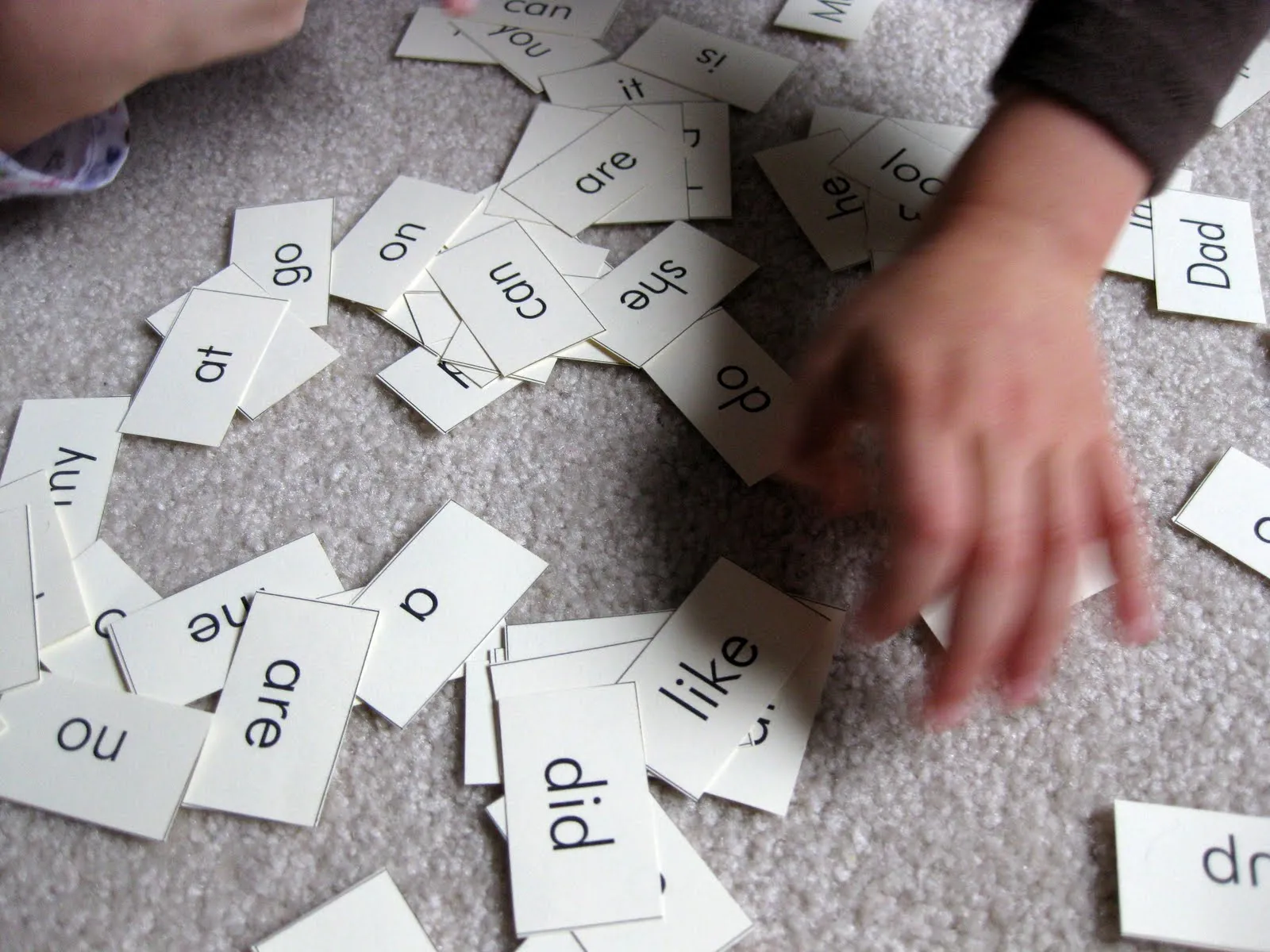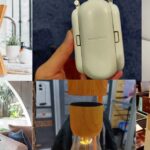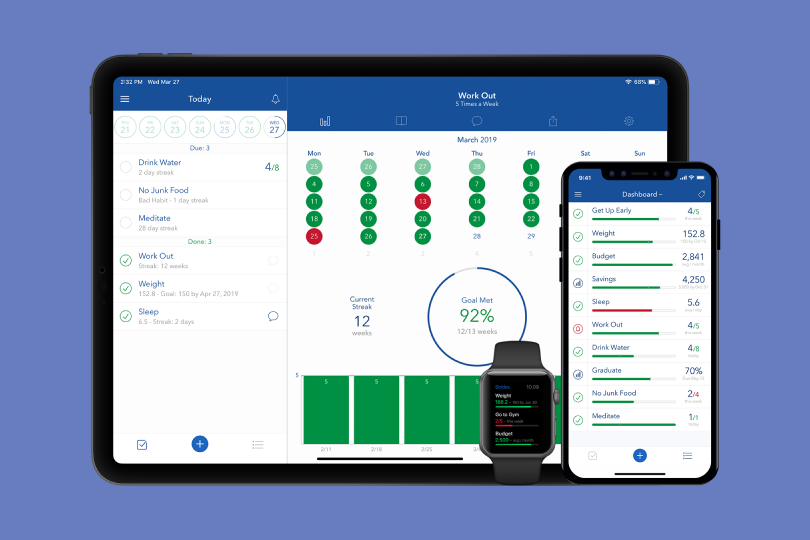Understanding the Importance of sight words special education students
In special education, sight words play a crucial role in unlocking literacy skills for students with diverse learning needs. These words are frequently used in written texts and often do not follow regular phonetic patterns, making them difficult for students to decode using traditional reading strategies. By focusing on sight words special education students develop reading fluency and comprehension.
Table of Contents
- Strategies for Introducing sight words special education students
- Creating a Supportive Learning Environment
- Differentiated Instruction for Sight Words
- Reinforcing Sight Words through Meaningful Practice
- Tracking Progress and Providing Feedback
- Fostering Parent and Caregiver Involvement
- Adapting Instruction for Different Abilities
- Building Confidence and Motivation
- Cultivating a Lifelong Love for Reading
- Adapting Technology for Sight Word Instruction in Special Education
- Addressing Challenges and Promoting Inclusivity in Sight Word Instruction
- conclusion
Strategies for Introducing sight words special education students
When teaching sight words special education students, it’s important to employ effective strategies that cater to their unique learning requirements. One approach is using multi-sensory techniques, such as incorporating visual aids, tactile materials, and auditory cues. Breaking down sight words into smaller, manageable parts can also enhance learning. Additionally, interactive activities and games can engage students and make the learning process enjoyable.
Creating a Supportive Learning Environment
A supportive learning environment is crucial for sight words special education students Teachers can establish such an environment by fostering positive relationships, encouraging peer collaboration, and providing individualized attention. Creating visual displays of sight words around the classroom and using interactive technology can further enhance student engagement and motivation.
Differentiated Instruction for Sight Words
Special education students often require differentiated instruction to effectively learn sight words. Teachers can adapt their teaching methods by using a variety of resources such as flashcards, sight word lists, and word games. By catering to different learning styles and abilities, educators can ensure that every student receives the necessary support to unlock their literacy potential. By implementing differentiated instruction tailored to the unique needs of sight words special education students mastery can be achieved.
Reinforcing Sight Words through Meaningful Practice
To reinforce sight words, special education students benefit from engaging in meaningful practice activities. These can include creating word collages, using word-building exercises, and participating in sight word scavenger hunts. Integrating sight words into everyday conversations and providing opportunities for students to read and write in context will also deepen their understanding and retention.Engaging in meaningful practice activities that incorporate sight words special education students.
Tracking Progress and Providing Feedback
Monitoring progress and providing feedback is essential in supporting special education students as they learn sight words. Regular assessments, such as sight word recognition tests, can help identify areas of improvement and guide instruction. Individualized feedback that focuses on specific strengths and areas for growth empowers students and promotes a growth mindset. Tracking progress and providing feedback on sight words special education students.
Fostering Parent and Caregiver Involvement
Collaboration between educators and parents or caregivers is vital for the success of special education students in learning sight words. Sharing information about sight word instruction strategies, providing resources for home practice, and encouraging regular communication can help reinforce learning beyond the classroom. Involving parents and caregivers in sight word activities and celebrating student achievements together creates a supportive learning community. Encouraging active involvement of parents and caregivers insight words special education students.
Adapting Instruction for Different Abilities
Special education students have diverse abilities and may require individualized adaptations in sight word instruction. For students with visual impairments, educators can use braille or large-print materials. Auditory learners may benefit from recorded audio versions of sight words. By recognizing and addressing individual needs, teachers can ensure that all students have access to sight word instruction tailored to their abilities. By adapting instruction to cater to different abilities, sight words special education students and enhance their literacy skills.
Building Confidence and Motivation
Instilling confidence and motivation in special education students is crucial for their sight word learning journey. Celebrating successes, providing positive reinforcement, and setting achievable goals can boost self-esteem. Incorporating student interests and using relevant, real-world examples when teaching sight words can enhance motivation and make the learning experience more enjoyable and meaningful. Instilling confidence and motivation in sight words special education students instruction is key to their academic success.
Cultivating a Lifelong Love for Reading
Beyond sight word instruction, special education students benefit from developing a lifelong love for reading. By incorporating engaging and accessible reading materials that align with their interests and abilities, educators can foster a joy for reading. Creating inclusive and diverse reading environments and introducing students to a range of genres and authors will encourage them to explore and appreciate the power of words. Encouraging a passion for reading through sight words special education students to embrace literacy for a lifetime.
Adapting Technology for Sight Word Instruction in Special Education
Integrating technology into sight word instruction can greatly benefit special education students. Educational apps, interactive websites, and digital resources offer engaging and interactive learning experiences. These tools can provide personalized feedback, track progress, and offer adaptive instruction to meet individual needs. By leveraging technology, educators can enhance sight word instruction and make it more accessible and enjoyable for students with diverse learning styles and abilities.By embracing the potential of technology, educators can harness its power to unlock sight words special education students.
Addressing Challenges and Promoting Inclusivity in Sight Word Instruction
In sight word instruction for special education students, it is important to address challenges and promote inclusivity. Some students may require additional support due to learning disabilities or language barriers. Teachers should provide accommodations such as modified materials, extra practice opportunities, and assistive technology. Creating a safe and inclusive classroom environment where students feel valued and supported is essential. By embracing diversity and fostering a culture of inclusivity, sight word instruction can cater to the individual needs of every special education student.By adopting inclusive practices and personalized support, sight words special education students to overcome challenges and succeed.
conclusion
unlocking literacy for sight words special education students is a powerful and transformative journey. By implementing effective strategies, creating supportive environments, and individualizing instruction, educators can empower these students to develop vital reading skills. Through meaningful practice, progress tracking, and collaboration with parents or caregivers, special education students can unlock their full potential and cultivate a lifelong love for reading. Let us embrace the power of sight words to ensure that every student has the opportunity to thrive in their literacy journey.
Learn about: Unlock your potential as an Educator with our Mastering Content marketing course free of charge




